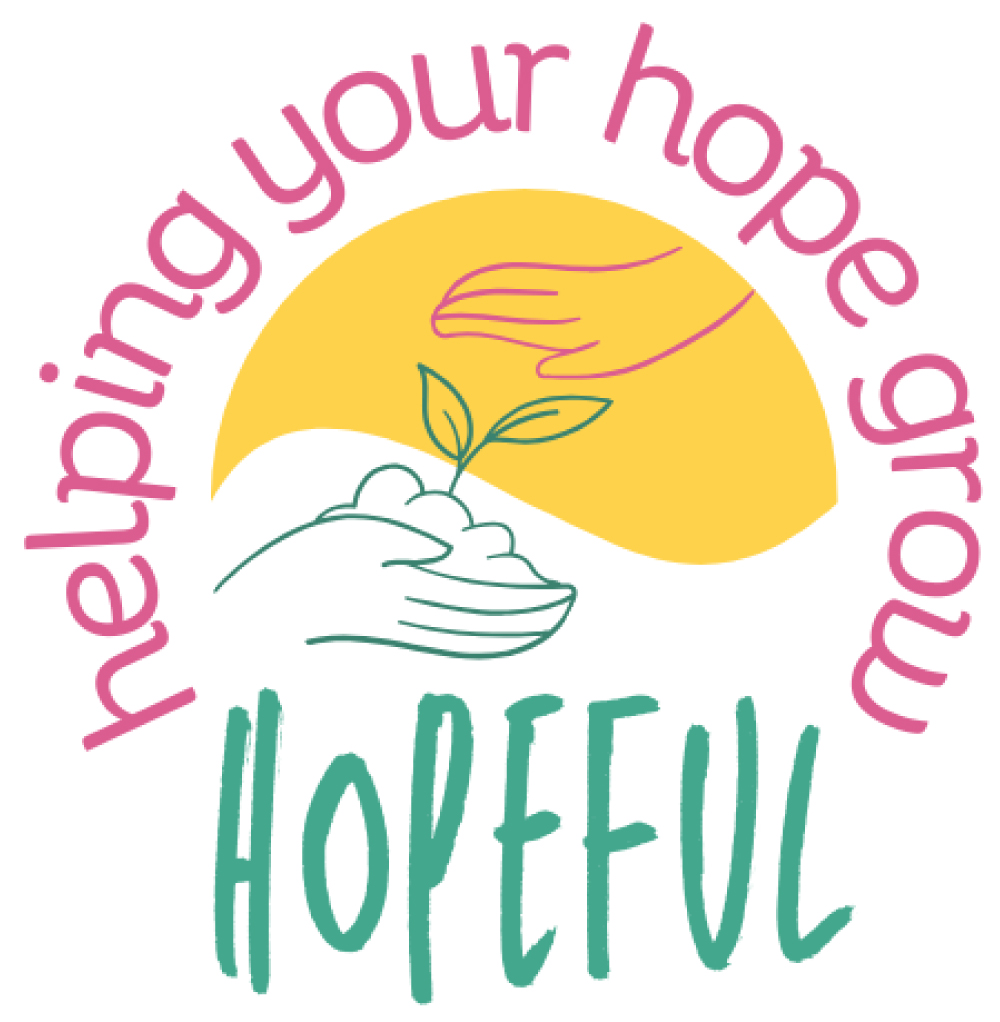What this section should help with:
- Introducing HOPEFUL and how it works
- Introducing the role of the HOPEFUL mentor
- Introducing the role of the HOPEFUL mentor supervisor
Hope is just one of those things that never ends, if you run out and somebody else has got hope, they can push you to find it.
About HOPEFUL: Mentoring supervision
HOPEFUL is designed to be completed within about 16 weeks (although we recommend young people use the workbook for as long as they find it useful to do so). Over this 16 weeks, we recommend young people meet with their mentor for about an hour, every week or two – if they both can. Overall, we recommend that they meet at least four times as a minimum. They might see each other more often, for example up to about 12 meetings in total. The mentor will be invited to talk through these kind of decisions with the young person in the introductory session in which they complete a mentoring agreement together.
After the introductory session, the mentor and young person will start working through HOPEFUL’s six modules. You’ll see a list of those on the next page. We recommend they work through the modules in the order they are provided. We recommend that young people aim to try and work through at least one session (e.g., one meeting with their mentor) from each of the six modules. Again, this is just a guide.
In each of the six modules in the young person’s workbook, there is:
- Module introduction and introductory video to say what the module is about
- Module contents page to show the list of activities that make up that module:
- Module activities – designed to be done with the support of a mentor
- Takeaway activities – designed to be done by the young person alone
- There are different options for completing the activities – young people can choose the options they like best
- Module lived experience story to show someone else’s experiences that are relevant to the module
- Module share sheet to help the young person to tell other people in their life about what they have been working on in the module – and tell these people about what they could do to help
HOPEFUL uses a youth-initiated mentor model, which means that young people identify a mentor from their existing social network. This means someone they know and trust. This person gets training and a manual to learn how to act as a HOPEFUL mentor. It is possible that this person might be a youth worker or another kind of professional. It is also possible that a young person may not be able to identify anyone that they already know to be their mentor, or that no-one they identify is able to take on the role. In this case, we would aim for a mentor to be identified for the young person from a local youth support service.
This means that, whilst it is possible that mentors may be a youth worker or other professional, it is likely that they will not be a professional. Mentors may be, for example, a young person’s relative, friend, family friend, or other community member.
We think that it is really important that mentors can access some supportive supervision. Generally we think this is a really good way of helping to make sure that the mentor offers the young person the best and most helpful experience that they can. More specifically, mentoring a young person with a hope-focused intervention could involve particular issues that supervisors could help mentors to manage, for example:
- Helping the young person to feel interested and engaged in the intervention
- Negotiating offering mentoring in the context of a pre-existing relationship Issues relating to the young person feeling hopeless
- Social issues experienced by the young person, such as isolation and lack of activity
- Mental health and behaviour issues experienced by the young person, such as depression, anxiety, and eating, drug or alcohol problems Issues relating to helping young people to use the package in the context of neurodiversity and learning differences
Mentor supervisors will be employees of local authorities and charity and voluntary sector services experienced in working with young people and those who care for them. As a general guide, we suggest offering a mentor supervision in the form of up to about an hour approximately every fortnight. However, this is just a guide. You might decide, in collaboration with your mentor, to meet more or less regularly, for more or less time. Mentor supervision can be offered to individual mentors or to more than one mentor in a group. The latter may need to take place in slightly longer meetings – and will depend on there being multiple mentors supporting young people with HOPEFUL at the same time.
